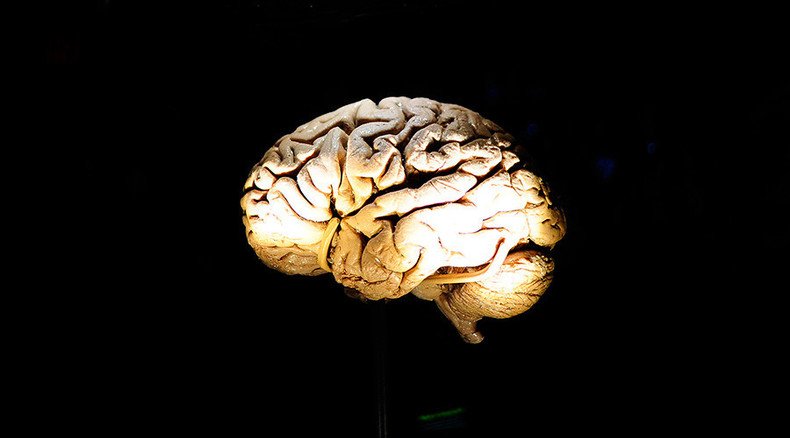‘Brain fingerprint’ is as unique as those on our hands

A new study from Yale University has concluded that brain activity is as unique as a fingerprint. The researchers see much potential in the technology, while others fear the onset of a brave new world.
“The patterns were different enough that we were able to pick people out of a crowd regardless of what people were doing,” study co-author and neuroscience doctorate student Emily Finn told NBC News.
Finn’s team enlisted the help of 126 patients previously documented in the Human Connectome Project (HCP), an ongoing project to collect brain-imaging, behavioral, and other information on healthy people. The patients were scanned six times each by an fMRI, a procedure that measures brain function and blood flow.
Infections most common reason for falls, especially among elderly – study
http://t.co/Ekrpl33Lmcpic.twitter.com/3ZqxGKMGnQ
— RT America (@RT_America) October 10, 2015Two of the scans were of the mind at rest or adrift. The next four took snapshots of the brain during mental tests, from simple memory tests to more complex problem solving in order to judge “fluid intelligence.”
"The more certain regions are talking to one another, the better you're able to process information quickly and make inferences," Finn told Wired, though she also said it’s no replacement for an IQ test.
By the end of the scans, each patient had a "functional connectivity profile" recorded, and none were alike. The hope from this is that future studies will be conducted on sick people to understand disease, or on young people to understand their best learning environment. Could a “functional connectivity profile” also predict tendencies toward addiction or violence?
Implant restores memory in damaged brain [VIDEO] https://t.co/fno9eaVakv@Brigida__Santos
— RT America (@RT_America) October 2, 2015More ominous is the fact that it didn’t matter whether a person’s mind was at rest or not when attempting to identify them by their brain activity.
“Identification was successful across scan sessions and even between task and rest conditions, indicating that an individual's connectivity profile is intrinsic, and can be used to distinguish that individual regardless of how the brain is engaged during imaging,” the study reads.
"Ultimately, we hope these profiles could someday be used in personalized medicine, a way to customize interventions and therapies for people based on their individual biology," Finn said.
Others fear learning too much about the brain or applying those lessons haphazardly. If indeed brain activity is driven by rare or exclusive factors present early in life, could people be discriminated against or “neurodiscriminated” against for employment, insurance, education, or in some other way have their lives predetermined?












